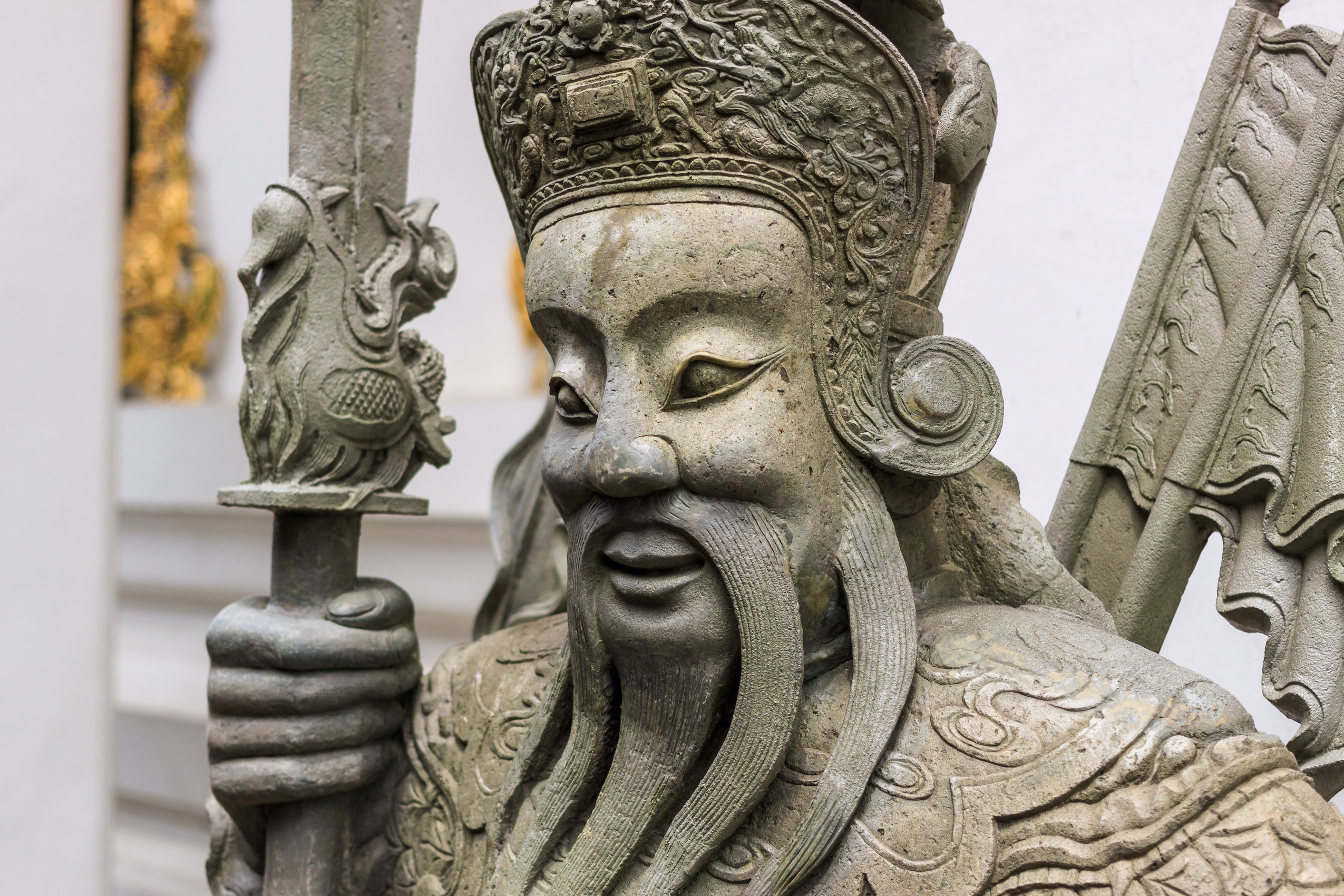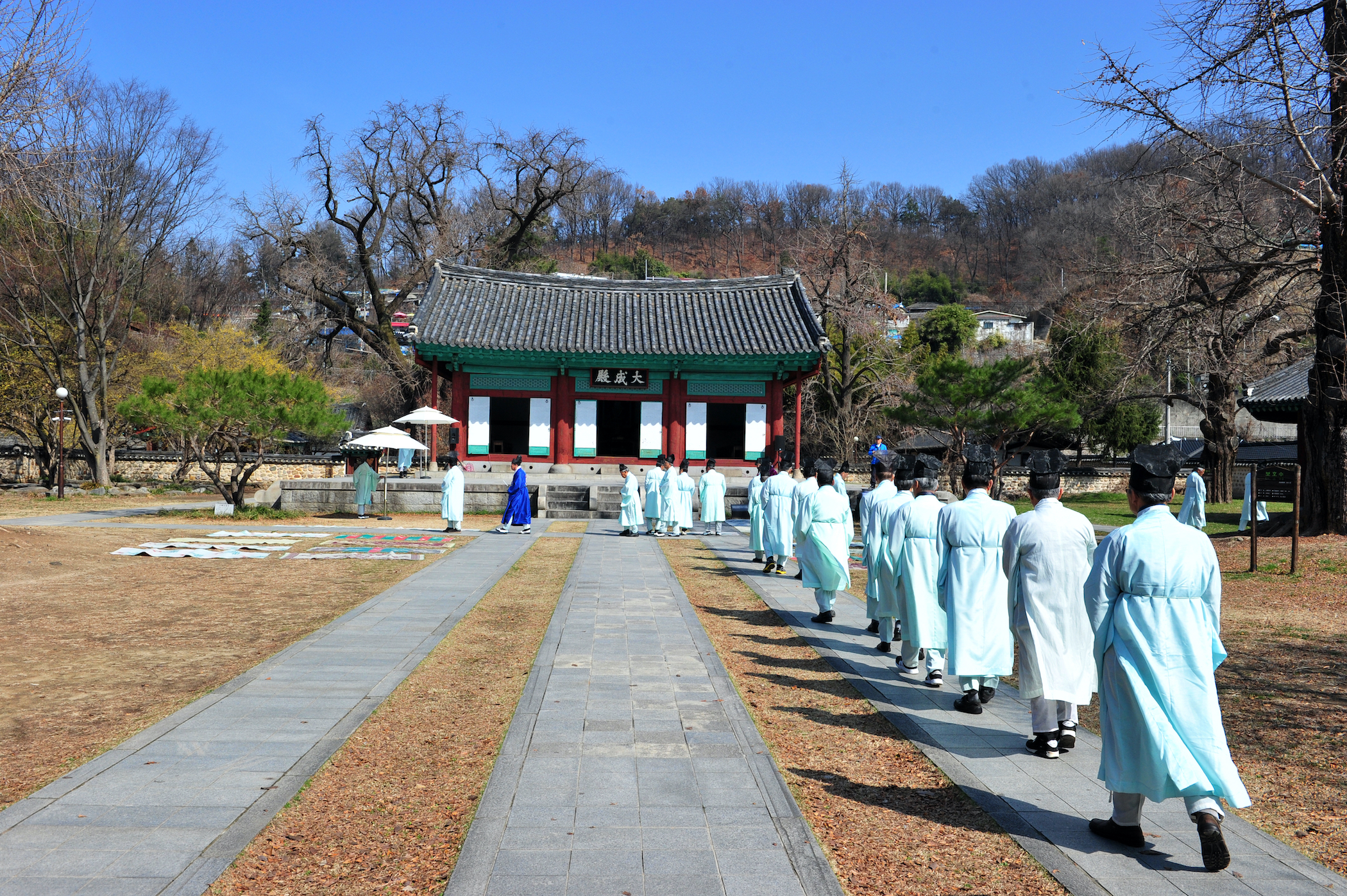One of the things that is underestimated by Western observers of China is the importance that the period of modern history – let’s say, the last 150 to 200 years – still has on shaping Chinese thought and Chinese actions, both in the world and at home. That experience of recent history is one that encompasses huge amounts of turbulence and war. These are really important factors that many Chinese will know of, perhaps less so from their own lifetimes but more through their parents, grandparents and great-grandparents.
It’s worth remembering that about 100 years ago, at the start of the 20th century, you had a great many Chinese commentators arguing that there were two problems that beset China, which was imperialism from outside and warlordism from inside. By warlordism, they meant the tendency of various military leaders within China to fight each other on a regular basis, causing devastation as they went. But also, in terms of imperialism, they spoke about foreign powers like France, Britain, Russia and, of course, Japan as well as the United States seeking territory or special rights within China. There was a feeling that China was falling apart one way or another. And each of the wars in recent history has had a slightly different lesson from the point of view of China’s rulers and the wider Chinese population today.


